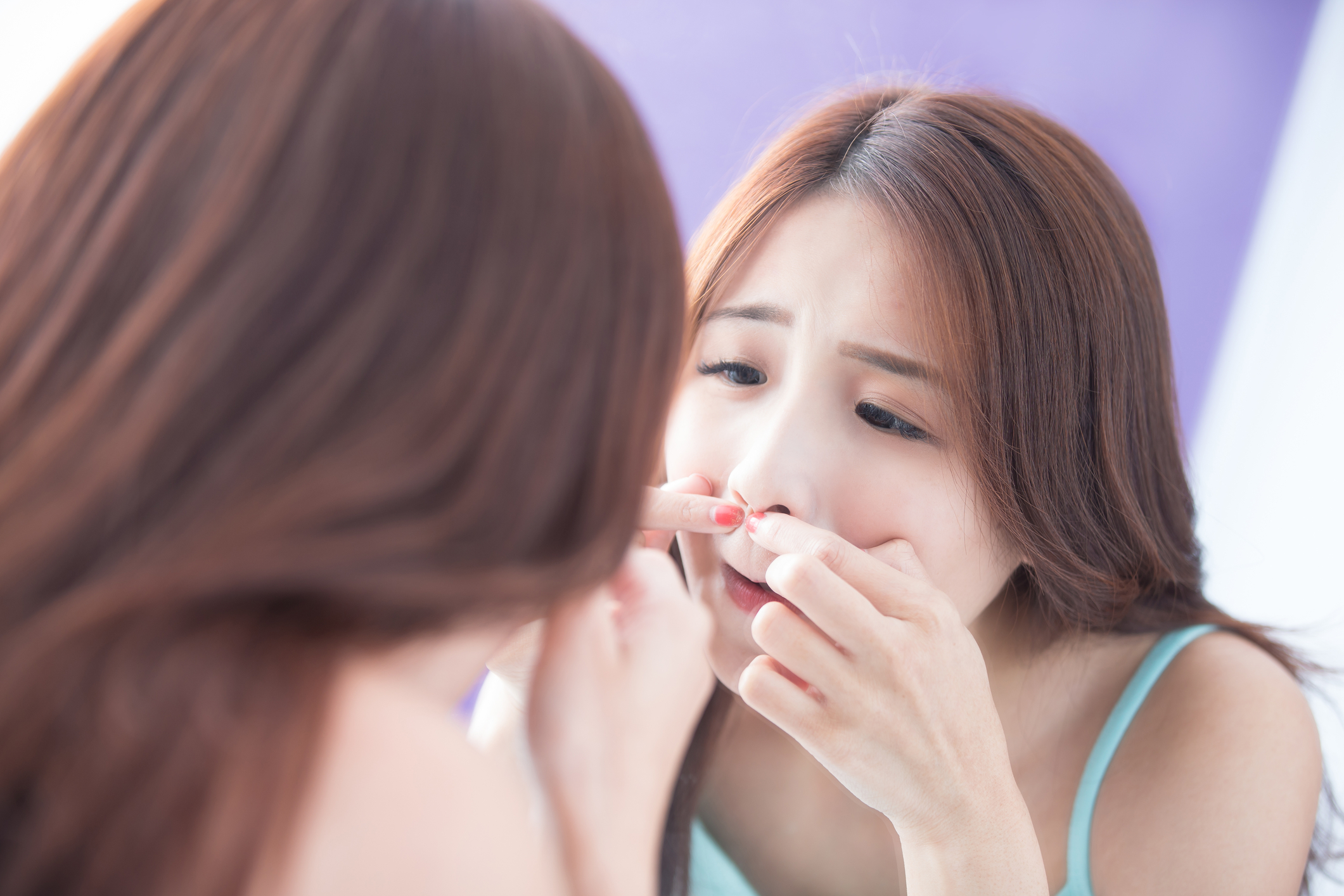Here's How to Prevent Atopic Dermatitis That's Taking Over
Atopic Dermatitis (AD), often referred to as eczema, is a chronic skin disease that primarily begins in childhood. While it might seem like just a skin problem, atopic dermatitis is far more complex and is catching on pretty quickly in . But worry not! Your journey to figure out what works best for you begins here. So, go ahead and explore these suggestions!
Demystifying the Symptoms and Trigger Factors

Symptoms of AD generally include dry, itchy skin, open, sore, or infected skin, and darkened patches of skin. Infants may have a rash on their cheeks and other parts of their bodies. The rash usually bubbles up and then oozes and weeps fluid. In contrast, children and adults are more likely to show signs of AD on their hands and feet, in the bends of their elbows, and behind their knees.
Trigger factors can vary significantly from person to person. Some individuals notice flare-ups when they are stressed or when the climate changes. Skincare products, soaps, detergents, dust mites, and certain fabrics like wool can also instigate symptoms. Food allergens such as milk, eggs, wheat, soy, and peanuts can trigger symptoms in some people with AD.
The Genetic Role in Atopic Dermatitis

Research indicates that atopic diseases, including AD, have a genetic component. Several genes have been associated with the probability of getting AD. Variants of the gene called FLG have been found to be particularly linked, possibly because they influence the skin’s barrier function.
Besides, relatives of people with AD are disproportionately likely to develop the condition. If one parent has AD, asthma, or hay fever, there's about a 50 percent chance their child will have at least one of these diseases. With two affected parents, this risk increases.
Therapeutic Management of Atopic Dermatitis

In spite of the complexity of AD, there are effective treatments and strategies for managing the disease. Moisturizing daily, using mild soaps, and avoiding known triggers can significantly control symptoms.
Medications such as topical corticosteroids and systemic immunosuppressants are often used to alleviate inflammation. Recent advances have produced a new class of drugs called topical calcineurin inhibitors and biologics, which are designed to control the overactive immune response. These medicines have shown promise in managing the symptoms of AD.
Living Well with Atopic Dermatitis

Having atopic dermatitis doesn't mean you can't live a healthy and satisfying life. With the right treatment plan tailored to individual needs, symptoms can be managed effectively. A multidisciplinary approach involving dermatologists, allergists, and mental health professionals can be beneficial, as AD often leads to emotional stress and has a significant impact on quality of life.
Connecting with support groups for people with AD and their families can be extraordinarily helpful. These communities provide a platform to share experiences, exchange tips for managing the disease, and lend emotional support. Remember, it's possible to lead a fulfilling life despite the occasional challenges that AD may present.